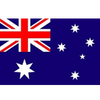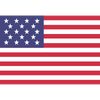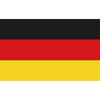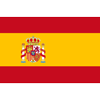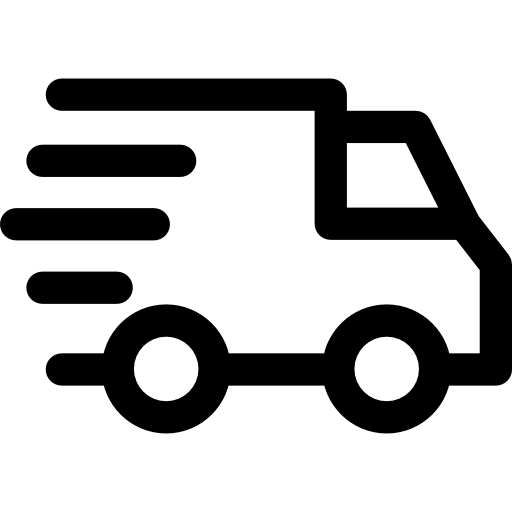Effectors are indispensable in the process of playing music, and different types of effectors have different roles in shaping the sound of music. So what are effectors? How do we choose the effector according to the preferences we want to express? Let's take a look at the following article.
What is a music effector?
A music effector, also known as an effects unit or simply an "effect", is an electronic device that alters the sound of a musical instrument or recording. Effects can be used to modify the tone, texture, or spatial characteristics of a sound, and are often used to create unique and distinctive sounds in various genres of music.
There are many different types of music effectors available on the market, each with its own set of features and capabilities. Some common types of effectors include distortion, overdrive, delay, reverb, chorus, phaser, flanger, and tremolo. These effects can be applied to various instruments such as guitar, bass, drums, keyboards, and vocals, to name a few.
Overall, effectors are an important tool for musicians and music producers to enhance their sound and create unique sonic textures and styles.
How to choose an effector according to the music style?
Choosing the right guitar effects according to the style of music can help you create a unique and distinctive sound that enhances your musical style. Here are some common guitar effects and how they can be used in different styles of music:
Distortion/Overdrive: These effects are often used in rock, metal, and blues music to add grit and power to guitar sounds. Distortion and overdrive effects are often used to create thick sounds with lots of sustain and harmonics. For example, the two products of Donner have this kind of sound effect.
Wah: The wah effect is commonly used in funk and rock music to create a vocal-like effect on the guitar. It can also be used to add a rhythmic pulse to the guitar tone.
Chorus: The chorus effect is commonly used in pop and rock music to add a shimmering, textured sound to the guitar tone. It can also be used to create a sense of space and depth in the sound.
Delay: The delay effect is commonly used in rock, blues, and metal music to create a sense of space and depth in the guitar tone. It can be used to create echoes and repeats that add movement and interest to the sound.
Reverb: The reverb effect is commonly used in rock, blues, and pop music to create a sense of space and depth in the guitar tone. It can be used to create a sense of ambience and atmosphere in the sound.
Modulation (flanger, phaser, tremolo): Modulation effects are commonly used in rock, pop, and funk music to add movement and interest to the guitar tone. Flanger and phaser effects are often used to create a sweeping, swirling sound, while tremolo effects can be used to create a pulsing, rhythmic effect.
It's important to note that these are just general guidelines, and there are no hard and fast rules when it comes to using guitar effects in different styles of music. Ultimately, the choice of effects will depend on your personal preferences and the sound you are trying to achieve. Experimentation and exploration are key when it comes to finding the right guitar effects for your musical style.
Overall, choosing a guitar effects pedal that suits you can be a fun and rewarding experience. You can explore the most suitable products among Donner effects according to your own music style to help you get the sound you want. Finally, let us enjoy the evaluation of the donner effect from youtube.



